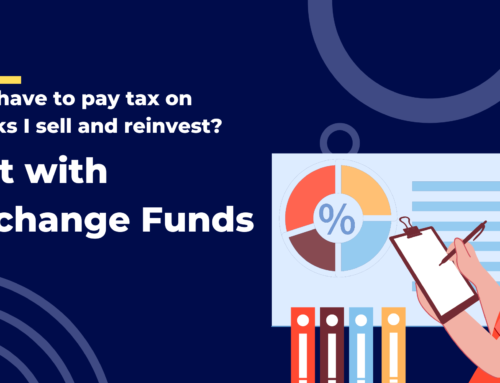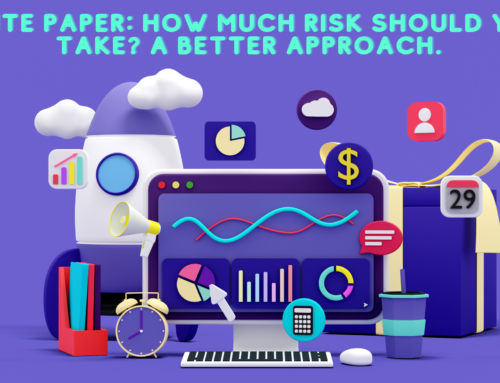“Home country bias” is an investor’s preference for holding investment securities domiciled in their own country. Simply put, it is an investor’s bias toward investing in their own country. Investopedia defines home country bias as follows: Investors’ natural tendency to be most attracted to investments in domestic markets. Investors tend to focus more on their home markets and the companies that do business within these markets because they are familiar with them.
Why do investors around the globe prefer to hold more domestic investments over foreign investments? Quite simply, it is more comfortable to hold investments that they know. What you probably don’t know is that if you are an American, that bias hasn’t worked in your favor for the last 30 years.
Fidelity claims that 100% of the time over the past 30 years, the top-performing equity market has been outside the U.S. Furthermore 80% of global GDP comes from non-US countries and 74% of the world’s publicly traded companies are outside of the U.S. What many investors don’t know is that 33% of S&P500 revenues come from abroad. In this day and age with extreme connectivity, the worldwide economy is truly global.
According to Business Insider, “Foreign sales accounted for 33% of aggregate revenue for the S&P 500 in 2014,” Goldman Sachs’ Ben Snider writes. “The median stock reported 29% of sales outside the U.S. Both of these figures were the same in 2013. Companies reported that 12% of revenues came from EMEA (Europe, Middle East, and Africa), with 7% directly attributable to Europe. Approximately 8% of revenues stemmed from the Asia Pacific region with 1% disclosed as coming specifically from Japan and 2% from China. Roughly 6% of revenues were foreign but unclassifiable.” While just owning large American companies does provide exposure to foreign markets through international sales, surveys show that most U.S. investors have less than around 10% of their investment holdings in investments based abroad.
While the U.S. has been one of the absolute best performing markets for the past five years, that hasn’t always been the case. Certainly, the expected return on the domestic market for 2016 is a mere 2% over the risk free rate, according to Research Affiliates. Foreign equities have a much higher expected return for 2016 but the risk (both real and perceived) is the reason most domestic investors hold back.
The definition of implied volatility is the estimated volatility of a security’s price. In general, implied volatility increases when the market is bearish, when investors believe that the asset’s price will decline over time, and decreases when the market is bullish, when investors believe that the price will rise over time (according to Investopedia). This is due to the common belief that bearish markets are riskier than bullish markets. Domestic investors tend to continually believe that foreign markets are more bearish than their own.
Ironically, holding too much of a particular country’s stock (i.e. the U.S.), actually increases an investor’s risk because they are too focused on the outcome of that particular country’s economic growth. Furthermore, if you compare emerging market equities to domestic equities they are no longer correlated. So let’s say the U.S. has a bad year, emerging markets might have a good year due to the simple fact they are not correlated to the U.S. Also, the fact that emerging market equities are cheap relative to their long term price averages, a simple mean price reversion may occur regardless of the bear market they are currently in.
I like the following quote because I think it really sums up the need for international diversification in a portfolio. “By only focusing on the U.S., you really narrow your opportunity set,” says Jed Weiss, manager of Fidelity International Growth Fund. “If you invest in the U.S. and exclude international, it’s sort of like investing in a U.S. fund that invests only west of the Mississippi. That would be needlessly narrowing your opportunity set—and I think the same argument can be made for excluding international.”
So whether or not you agree that international investing is a good Idea, home country bias is still prevalent. Have you looked at your portfolio recently? How much are you truly biased? If you are, you may be missing out on opportunities. Don’t let your portfolio be less well traveled than you are. If you would like a complimentary portfolio analysis, contact us, we can tell you exactly how well traveled your portfolio is and what the risks are.






